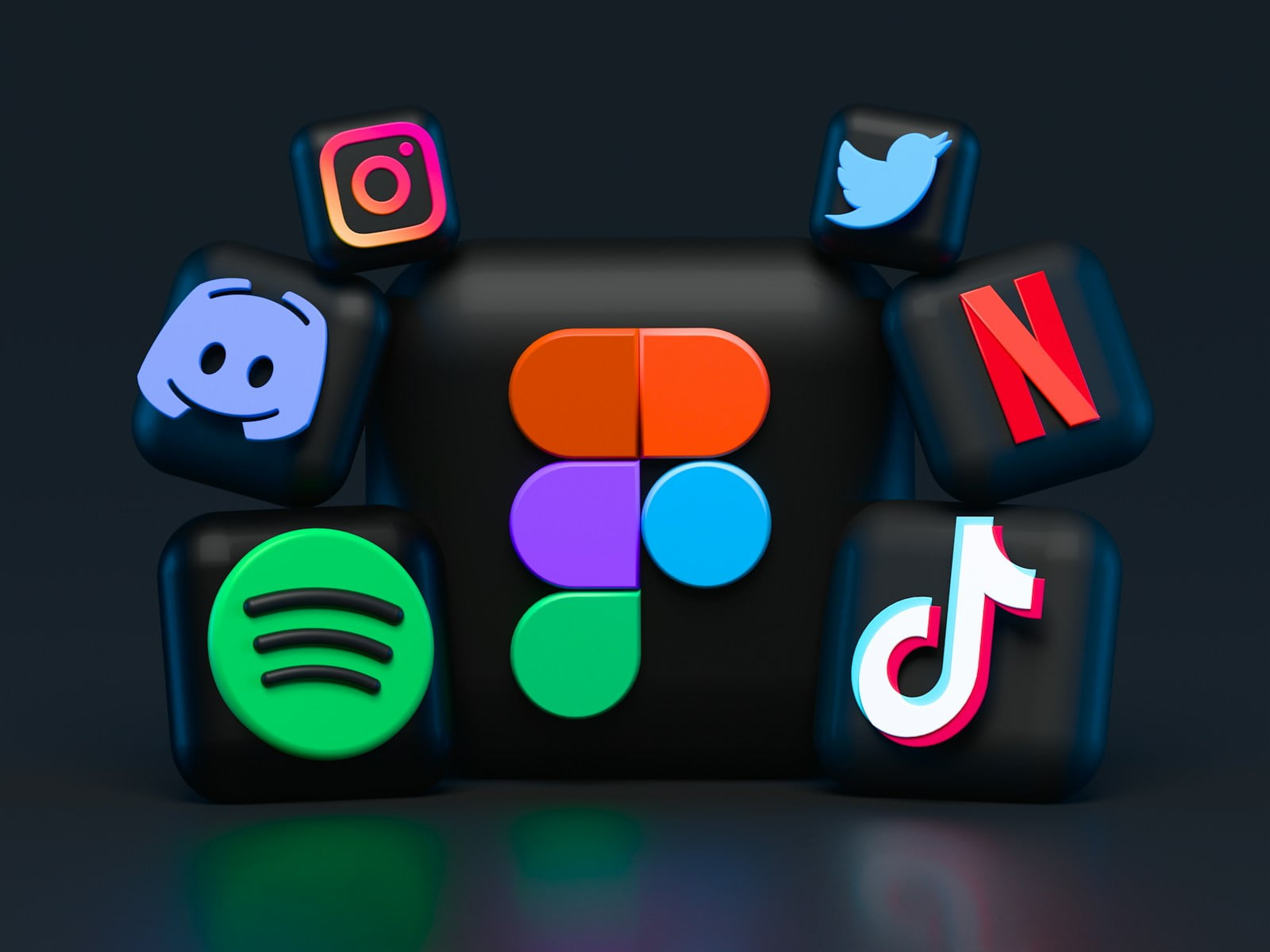In today’s digital age, businesses have a multitude of online marketing channels to reach and engage with their target audiences. Two of the most prominent approaches are digital marketing and social media marketing. While these terms are often used interchangeably, they are distinct strategies with their own unique characteristics, objectives, and tactics. Let’s explore the differences between digital marketing and social media marketing.

Digital Marketing: An Umbrella Term
Digital marketing is a broad term that encompasses all marketing efforts that leverage digital channels to promote products, services, or brands. It involves a diverse range of tactics, including search engine optimization (SEO), pay-per-click (PPC) advertising, email marketing, content marketing, influencer marketing, and more. The primary goal of digital marketing is to reach potential customers where they spend their time online and drive conversions, whether that’s making a purchase, filling out a lead form, or engaging with the brand’s content.
Social Media Marketing: A Subset of Digital Marketing
Social media marketing is a specific branch of digital marketing that focuses on leveraging social media platforms like Facebook, Instagram, Twitter, LinkedIn, and others to achieve marketing objectives. It involves creating and sharing valuable, relevant, and consistent content to attract and engage with the target audience on these platforms. The primary goals of social media marketing include increasing brand awareness, driving website traffic, generating leads, and fostering customer loyalty and advocacy.
Key Differences between Digital Marketing and Social Media Marketing
- Scope: Digital marketing encompasses a broader range of channels and tactics, while social media marketing is focused solely on leveraging social media platforms.
- Audience targeting: Digital marketing allows for more precise audience targeting through tactics like search engine marketing and programmatic advertising, while social media marketing relies heavily on the platform’s targeting capabilities and organic reach.
- Content format: Digital marketing content can take various forms, such as blog posts, whitepapers, ebooks, videos, and more, while social media marketing primarily revolves around creating content tailored to the specific platforms, such as posts, stories, reels, and live streams.
- Measurement and analytics: While both digital marketing and social media marketing rely on data and analytics, the metrics used to measure success can differ. For example, digital marketing may focus on website traffic, conversion rates, and return on investment (ROI), while social media marketing often emphasizes engagement metrics like likes, shares, comments, and follower growth.
- Paid vs. organic strategies: Digital marketing often combines paid advertising (e.g., PPC, display ads) with organic tactics (e.g., SEO, content marketing), while social media marketing can involve a mix of organic content and paid social media advertising.
In summary, while digital marketing and social media marketing are related and often work in tandem, they are distinct strategies with their own unique characteristics, objectives, and tactics. A well-rounded digital marketing strategy typically incorporates elements of both approaches to effectively reach, engage, and convert target audiences across various online channels.







